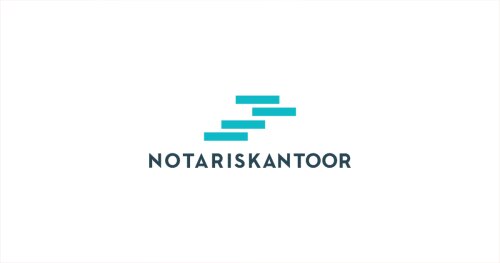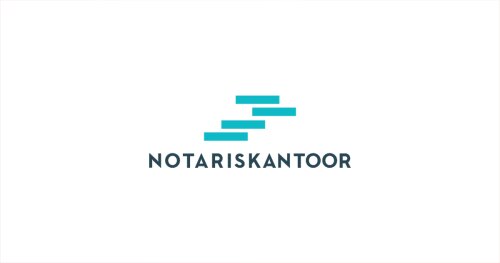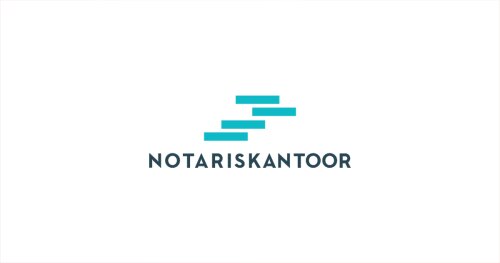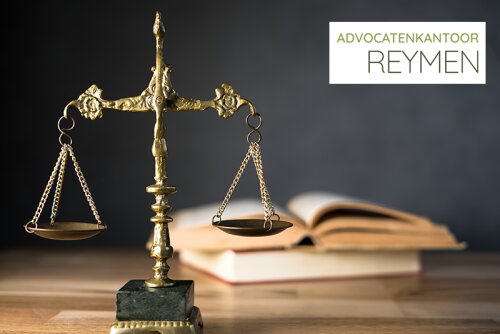Best International Trade Law Lawyers in Belgium
Share your needs with us, get contacted by law firms.
Free. Takes 2 min.
Or refine your search by selecting a city:
List of the best lawyers in Belgium
About International Trade Law in Belgium
International Trade Law in Belgium is a complex field that encompasses various regulations and agreements concerning the exchange of goods, services, and capital across international borders. Belgium, being a member of the European Union, adheres to EU trade policies and regulations, which significantly influence its domestic trade laws. Belgian companies engaged in international trade must navigate a multitude of frameworks, including the World Trade Organization (WTO) agreements, bilateral treaties, and EU regulations. Understanding these intricate legal structures is vital for ensuring compliance and maximizing business opportunities in the global market.
Why You May Need a Lawyer
There are several scenarios in which individuals or businesses may require legal assistance in the field of International Trade Law:
- Negotiating and Drafting International Contracts: Legal expertise is crucial to create clearly defined agreements that protect your interests.
- Customs and Tariff Compliance: Ensuring adherence to complex regulations can prevent costly penalties.
- Dispute Resolution: Lawyers can assist in resolving conflicts arising from international trade practices through mediation, arbitration, or litigation.
- Intellectual Property Protection: Advising on safeguarding trademarks, patents, and other IP rights across borders.
- Sanctions and Export Controls: Navigating regulatory compliance regarding sanctions and export restrictions is crucial for risk management.
Local Laws Overview
Belgium's International Trade Law is influenced by several key legal aspects:
- EU Regulations: As an EU member, Belgium implements EU directives and regulations directly affecting international trade, such as import/export regulations and competition laws.
- Customs Code: Belgian customs regulations align with the EU Customs Code, which dictates import tariffs, customs duties, and clearance procedures.
- Trade Agreements: Belgium benefits from EU trade agreements with numerous countries, facilitating reduced tariffs and trade barriers.
- VAT Laws: Value-added tax (VAT) regulations in Belgium are critical for businesses to understand when trading internationally.
- Dispute Resolution Mechanisms: The language and location of dispute resolution are often specified in international contracts, and Belgium offers a robust legal framework for handling such disputes.
Frequently Asked Questions
1. What is the role of the European Union in Belgium's International Trade Law?
The European Union sets common trade policies and regulations that apply to all member states, including Belgium. These regulations cover areas such as market access, trade barriers, and customs duties.
2. What are the penalties for non-compliance with international trade regulations in Belgium?
Penalties can include fines, confiscation of goods, and, in severe cases, legal proceedings. It's important to ensure compliance to avoid such consequences.
3. Do I need a special license to import/export goods in Belgium?
Certain goods require specific licenses or permits to import/export, such as those related to health, safety, or environmental concerns. Consulting with a legal expert is recommended to ensure proper compliance.
4. How can a lawyer help with international tax issues?
A lawyer specializing in international trade can provide guidance on tax implications, VAT requirements, and strategies for minimizing tax liabilities.
5. Are there special considerations for e-commerce businesses trading internationally?
Yes, e-commerce businesses must comply with both the EU's and Belgium's regulations regarding consumer protection, data privacy, and electronic transactions.
6. How does Belgium handle trade disputes?
Belgium offers various dispute resolution mechanisms, including mediation and arbitration, often stipulated in international trade contracts. Courts are an option if alternative methods fail.
7. What is the impact of sanctions on Belgian businesses?
Sanctions can restrict trade with certain countries or entities and must be strictly followed to avoid legal repercussions. Legal advice can help navigate these restrictions.
8. Can Belgian businesses benefit from free trade agreements?
Yes, businesses can benefit from reduced tariffs and eased trade barriers due to Belgium's participation in EU-negotiated free trade agreements.
9. What should I consider when drafting an international trade contract?
Considerations include choice of law, jurisdiction, dispute resolution, payment terms, delivery conditions, and risk allocations.
10. How can a lawyer assist with intellectual property issues in international trade?
A lawyer can help register, protect, and enforce intellectual property rights across borders, ensuring compliance with different international jurisdictions.
Additional Resources
For further assistance, consider reaching out to the following resources:
- Federal Public Service Economy: Provides information on regulatory aspects of international trade in Belgium.
- World Trade Organization (WTO): Offers extensive resources on global trade agreements and regulations.
- Belgian Chambers of Commerce: Can offer guidance and support for businesses engaged in international trade.
- EU Trade Helpdesk: Provides insights into EU trade statistics, requirements, and rules applicable to Belgian businesses.
Next Steps
If you find yourself needing legal assistance in International Trade Law in Belgium, consider the following steps:
- Identify Your Needs: Determine the specific legal challenges you are facing in international trade.
- Consult with Experts: Seek consultations with lawyers specialized in international and trade law to get professional advice tailored to your situation.
- Review and Implement: Work with your lawyer to review your current practices and make necessary adjustments to comply with legal requirements.
- Continuous Education: Stay informed about updates in international trade regulations and local laws to ensure sustained compliance and business success.
Lawzana helps you find the best lawyers and law firms in Belgium through a curated and pre-screened list of qualified legal professionals. Our platform offers rankings and detailed profiles of attorneys and law firms, allowing you to compare based on practice areas, including International Trade Law, experience, and client feedback.
Each profile includes a description of the firm's areas of practice, client reviews, team members and partners, year of establishment, spoken languages, office locations, contact information, social media presence, and any published articles or resources. Most firms on our platform speak English and are experienced in both local and international legal matters.
Get a quote from top-rated law firms in Belgium — quickly, securely, and without unnecessary hassle.
Disclaimer:
The information provided on this page is for general informational purposes only and does not constitute legal advice. While we strive to ensure the accuracy and relevance of the content, legal information may change over time, and interpretations of the law can vary. You should always consult with a qualified legal professional for advice specific to your situation.
We disclaim all liability for actions taken or not taken based on the content of this page. If you believe any information is incorrect or outdated, please contact us, and we will review and update it where appropriate.
Browse international trade law law firms by city in Belgium
Refine your search by selecting a city.
















